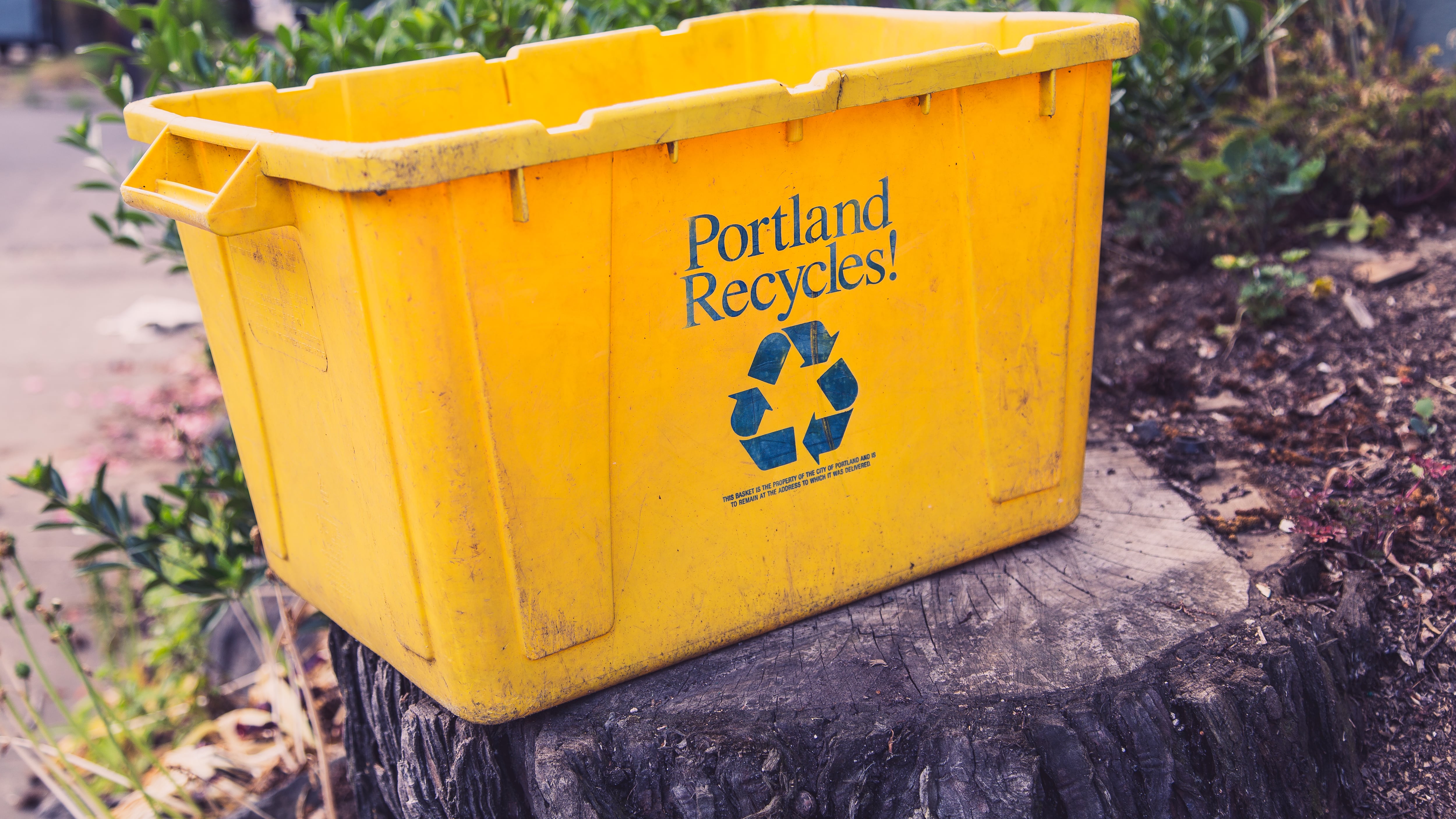A guy told me he disposed of dead rats he’d caught by putting them in his curbside compost bin. Is that safe for our gardens? Did the free bag of compost the city gave me in observance of Earth Day contain a decomposing rat? —Sarah R.
Not so loud, Sarah; everybody will want one.
Anyway, it might seem gnarly to you, but your garden would probably be thrilled to get its grubby roots on a nice, juicy, nutrient-rich dead rat. It’s not like everything else we throw in the compost smells like tuberoses after a spring rain—the more disgusting it is, the better plants like it.
Luckily for plants, dead animal composting is enjoying something of a heyday. Oregon now has a facility for composting roadkill, ranchers are increasingly composting (rather than rendering) deceased livestock, and scientists in Canada recently composted an entire whale.
You can even compost your pets! For a fee, a Seattle company will reduce your cat to a rich soil in which you can plant a tree, memorializing your beloved pet while providing the dog she never liked with a deeply satisfying opportunity for revenge.
Now the bad news: You still can’t throw dead animals into the green bin. Sanitation workers have to handle your compost, and since dead animals can carry disease, waste haulers won’t accept them as compost. They’ll still take those dead rats off your hands, though—as long as you wrap them in three layers of plastic, seal them with duct tape, and put them in the regular garbage.
Or you can try composting your animal pals DIY-style! The internet is rife with people eager to explain how to do this (I’m sure Gwyneth Paltrow has a page about it somewhere), but in general, you just need to put the decedent on a bed of straw, cover it with manure or spoiled silage, top off with more straw, and wait 60 days.
Of course, you need to do this in a place that’s inaccessible to raccoons, coyotes and other scavengers, and it might not be strictly legal within city limits. Also, if you’re composting larger animals, don’t forget to cut them open so they don’t explode. But that’s it—it’s that easy! (And you thought you’d never find a use for that spoiled silage!)
Questions? Send them to dr.know@wweek.com.

